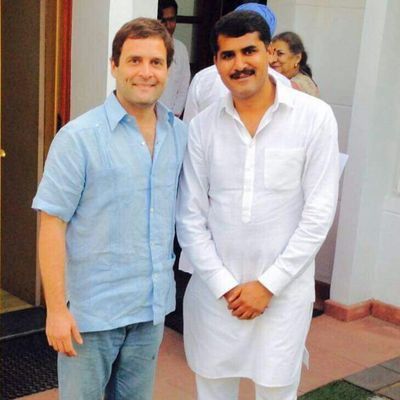Commodity prices have declined, hurting producers without benefiting consumers. Governments have imposed taxes to fill their own coffers. Be it oil or sugar, the Punjab government has levied additional taxes — something the BJP seems uncomfortable with. Cheaper diesel and petrol would have lowered the costs of transportation and production for farmers and industrialists apart from providing relief to the travelling public.
There is a glut of sugar, wheat and rice in the country. First, the Centre raised the duty on imported sugar and now Punjab has slapped a tax to deter the entry of sugar from other states instead of finding out how other countries and states produce it so cheaply. Kisan politics has turned local sugar mills sick. Some 30 per cent fruits and vegetables are lost in the absence of sufficient cold storages. High prices push the essential commodities beyond the reach of the poor. Excessive waste also contributes to high prices. Since there are not enough silos and warehouses food grains rot in the open. The Punjab government collects 11-12 per cent taxes on famers' produce from the Centre, raising food costs. It pays back part of the benefit to farmers in the shape of free power, which encourages paddy cultivation and results in its lower MSP. The yearly increases in the MSPs keep the grain prices artificially high. Excess production of a commodity normally leads to a fall in its prices, and producers turn to commodities which, being in short supply, fetch better prices.
India's food system was established to meet shortages and save farmers from cartels of private traders. It does not know how to deal with a situation of surpluses. The damage that paddy has done to Punjab is known. Yet the government puts all its might behind paddy cultivation. There is a shortage of pulses but farmers will not grow them unless returns are better than those from paddy. Punjab and Haryana take the FCI-MSP-PDS regime for granted and are unprepared for the possibility of food subsidy payments being made through direct cash transfers.



























